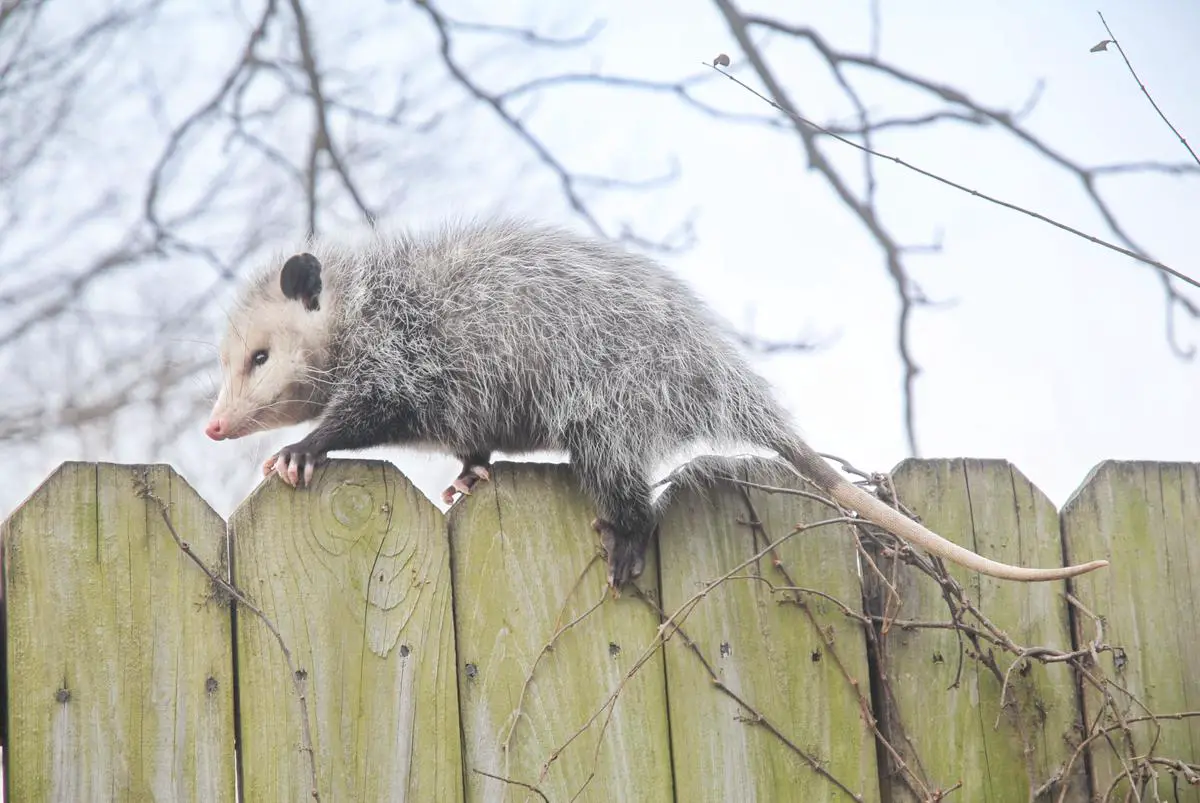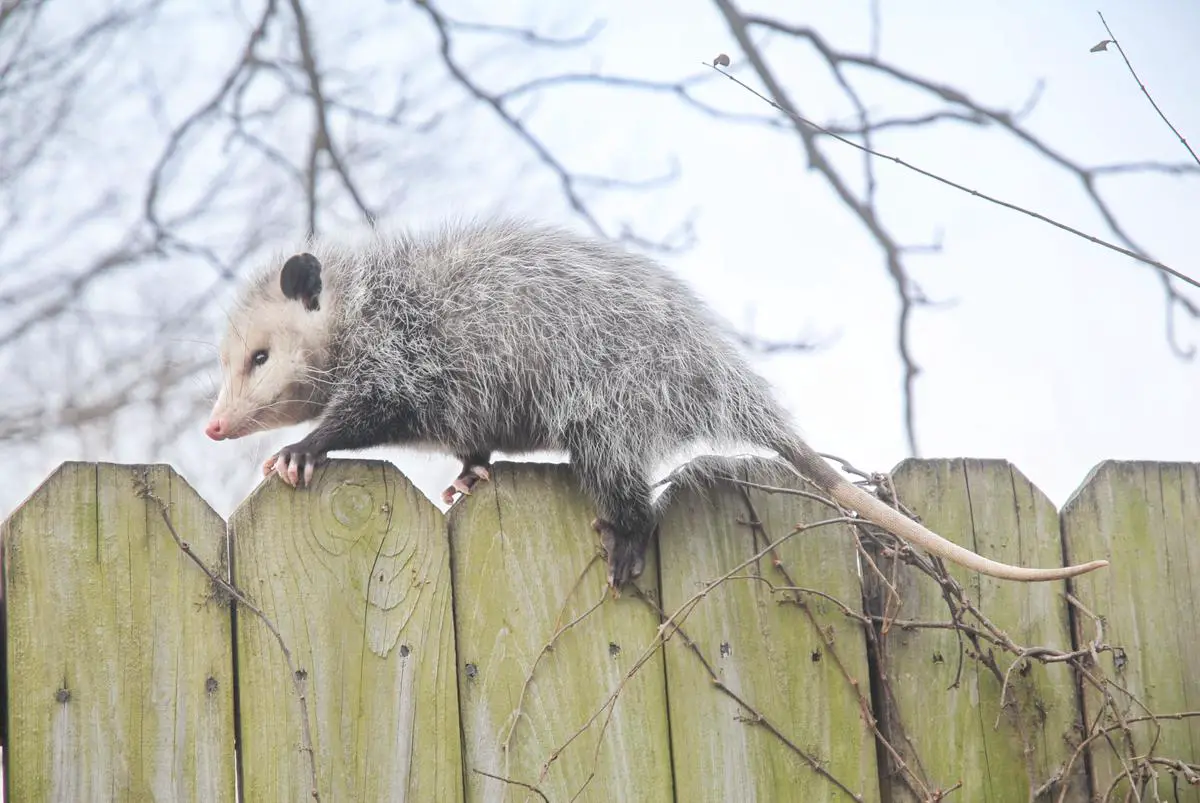As adaptable creatures, possums are known to consume a wide variety of food sources. In this article, we will explore possums’ diet in nature, including insects, small animals, and plant matter, and investigate the role of apples in their diet.
Possums’ Diet in Nature
One of the fascinating aspects of possums is their highly adaptable dietary preferences. Possums are omnivores, meaning they consume a combination of plants and animals. In their natural habitat, possums primarily feed on a variety of insects, small rodents, amphibians, birds, and carrion. In addition to these animal-based food sources, possums also consume a range of plant matter, such as leaves, grasses, seeds, and fruit. This brings us to the question of whether possums eat apples.
As mentioned earlier, possums are partial to consuming fruit as part of their diet. This means that possums will indeed eat apples whenever they have the opportunity to do so. While apples are not their primary food source, they provide possums with an additional source of vital nutrients such as natural sugars, vitamins, and minerals. The consumption of fruit serves as a readily available food source in environments where insects and small animals may be scarce.
Possums, particularly the Virginia opossum, exhibit remarkable adaptability in their diets, allowing them to thrive in various habitats and conditions. Their dietary preferences are known to change seasonally, based on the availability of different food sources in their environment. During times when insects and other invertebrates are scarce due to colder temperatures or other limiting factors, possums tend to rely more on plant matter, including fruits like apples.

Role of Apples in Possums’ Diet
These omnivorous creatures have opportunistic feeding habits, which contribute to their diverse diet. They feed on a wide variety of food sources, such as insects, small rodents, fruits, and vegetables. Apples, along with other fruits, are likely to be included in their diet, as these naturally sweet treats provide essential nutrients, carbohydrates, and energy for the possum’s survival. This further emphasizes the possum’s remarkable ability to adjust their eating habits depending on the availability of food sources, making them incredibly adaptable animals in the wild.
Apples, however, only comprise a small fraction of the possum’s diet because these animals usually consume a significant percentage of protein from insects, small animals, and carrion. Although a preference for apples may not be as strong as their need for protein sources, it is still important to keep in mind that possums can adapt to different environments and food sources. Their ability to consume various food types, including apples, makes them highly resilient creatures capable of surviving in different habitats.It’s essential to consider that possums, as they consume apples, also provide benefits to the environment. These omnivorous marsupials native to North America play a crucial role in natural pest control by eating harmful insects, snails, and slugs that can damage plants and gardens. When possums eat apples that have fallen from trees or stumbled upon during their nightly foraging, they help reduce the spread of disease and rot among fruit trees. As scavengers, they aid in keeping the surroundings clean and contribute to plant seed dispersal, which in turn helps maintain biodiversity.

Benefits and Drawbacks of Possums Eating Apples
In addition to their value as natural pest control, possums consume a varied diet consisting of small animals like rodents and birds, fruits, vegetables, and even carrion. Apples, in particular, make up a significant portion of a possum’s diet given their attraction to sugar content. This fruit serves as a readily available and nutritious food source for possums in their natural habitat, providing essential vitamins, minerals, and dietary fiber. Apples can be a beneficial part of their diet, especially when other food sources are scarce.
However, there are also drawbacks to possums consuming apples. Apples, along with other fruits, have high sugar content, which can sometimes lead to obesity and dental issues in possums if consumed too often or in large quantities. Additionally, as possums are opportunistic feeders, they may come into contact with pesticides or other chemicals used on the apples, which can be harmful to their health. It is essential to consider these drawbacks when managing the interactions between possums and their food sources, especially in areas where their natural habitat overlaps with farmland and orchards.
Possums are known for their diverse diet, which consists mainly of fruits, vegetables, insects, and small animals. Among the fruits they enjoy eating are apples, which they typically target when other food sources are scarce. If you have an apple tree or orchard in your garden, you might want to take some preventative measures to protect your fruit from being consumed by these nocturnal creatures.

Photo by szmigieldesign on Unsplash
Managing Possums in Your Garden
Moreover, apples that have fallen to the ground and started to ferment can pose a risk to possums, as consuming fermented fruits can lead to alcohol poisoning in these animals. This effect can cause possums to become disoriented and more vulnerable to predators or accidents. As a result, it is vital to monitor the interactions between possums and their food sources, ensuring that they maintain a balanced and healthy diet while mitigating any potential harm from consuming apples or other fruits.
Managing Possum Activity in Your Garden
To manage possum activity in your garden, consider using physical barriers, such as netting or fencing, to keep them away from your apple trees. You can also trim tree branches that are close to your roofline or fence, as possums can use these to gain easy access to the trees. Providing alternative food sources is another way to discourage possums from feasting on your apples. Planting a variety of flowering shrubs and native plants can help attract insects, which are a major part of the possum’s diet. This will help reduce their reliance on your apples as a food source.
Scent-based Deterrents
In addition to physical barriers and alternative food sources, there are several scent-based deterrents you can use to keep possums at bay. Spraying your garden with a mixture of water and a strong-smelling substance, such as garlic or chilli powder, can discourage possums from entering the area. Alternatively, you can place containers filled with a pungent liquid, such as ammonia or vinegar, on the ground near the base of your apple trees. Be sure to refresh these deterrents regularly to maintain their effectiveness. By employing a combination of these methods, you can effectively manage possum activity and protect your apples from being eaten.

Understanding possums’ dietary preferences and needs can help homeowners effectively deal with possums in their gardens or orchards. By implementing proper management strategies, it is possible to maintain a balance between sharing the environment with these fascinating creatures and protecting our valuable property and plants. So, next time you see a possum near your apple tree, you’ll have a better understanding of its role in the natural food chain.